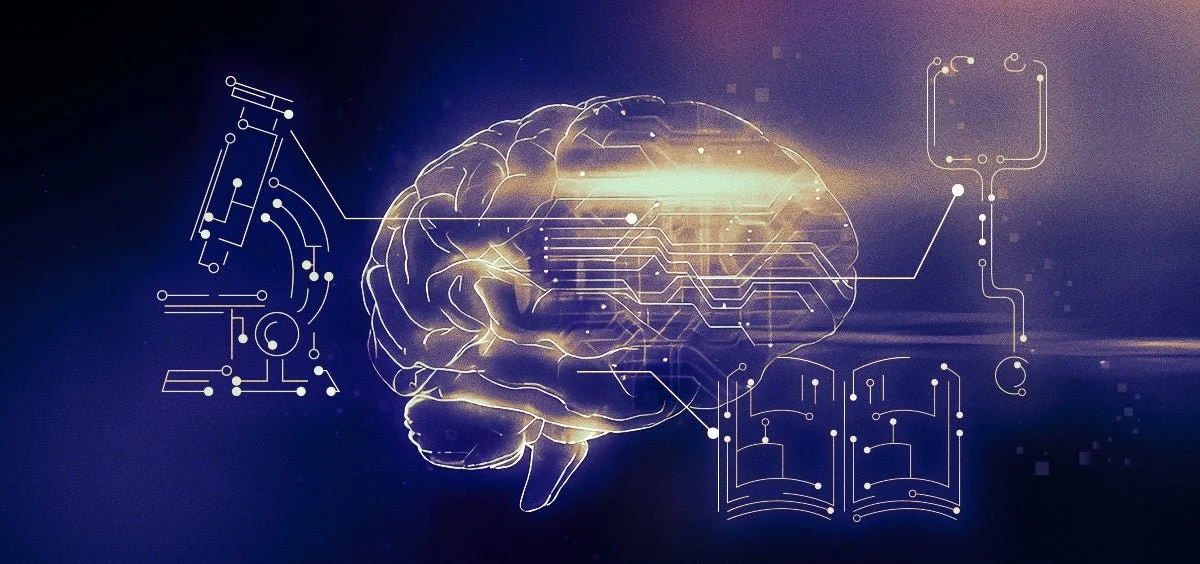By: Laila Skramstad
Edited By: Simon Carr and Micah Sandy
Since the release of ChatGPT and other artificial intelligence (AI) assistants in the last few years, there has been contentious debate about its integration within society. There is a broad consensus that AI assistants and technologies will improve efficiency in the workplace, but technology scholars and policymakers are concerned the software will disrupt industries by replacing human labor. Perceptions of the future of AI in fundamental industries differ, as proponents argue it will be beneficial to improving business efficiency, but its capacity to execute more nuanced tasks – like research, management, and writing – may be limited. There are also ethical concerns about how much involvement AI should have in industries that directly impact the civil rights dynamics in society, particularly the legal industry.
A recent Brookings Institutargued that firms integrating AI into their practice will likely be more efficient and more profitable. The report states that “AI can be used to very quickly produce initial drafts, citing the relevant case law, advancing arguments, and rebutting (as well as anticipating) arguments advanced by opposing counsel,” but human input will still be necessary in the courtroom.1 In the context of the legal industry, AI can serve as a complement to human skills but nothing more as of yet. However, a recent Goldman Sachs report on AI’s impact on economic growth projected that AI technology can automate 44% of work in the legal industry, which is a considerable percentage.2 Additionally, the author Richard Susskind noted in a Forbes interview in January that the evolution of “systems that will enable people to draft their own documents, secure legal guidance without lawyers, and assess their own legal risks” is forthcoming.3 Thus, some of the basic legal advice lawyers can provide may be overrun by AI assistant software. This could potentially replace or reduce the need for paralegals and assistants, but not lawyers themselves due to their capacity to execute complex litigation that is currently unattainable for AI.
Ben Allgrove, chief innovation officer at Baker McKenzie, said in a New York Times interview “The reality is AI has not disrupted the legal industry.”4 Lawyers; key role in law is irreplaceable by AI, especially since the process of litigation requires a human component to preserve both sides’ civil rights in a case. Therefore, the integration of AI will be much slower in the legal industry compared to other sectors given the necessity for lawyer oversight of drafts before presenting arguments to the court. Nonetheless, law schools should still make adjustments to integrate the role of AI in the legal industry to prepare future lawyers for what will likely be a significant professional change as they enter the legal industry. Some top law schools have already begun the integration of AI curriculum with classes discussing ethical issues surrounding AI, AI policy, and balancing power between AI and humans. For example, Columbia Law School professor Colleen Chien has begun to teach “The Technology, Business, Law, and Policy of AI,” a class that “sets out to train students to spot and analyze legal issues raised by AI companies and projects, among other things.”5 As more becomes known about AI and robust policies that regulate it, these AI curriculum will like evolve to fit the current context.
Discussions surrounding the role of AI’s future in the legal industry and the greater society have led to regulation proposals in the United States. Congress has yet to pass comprehensive AI regulation. However, there has been a steady growth in the adoption of laws that regulate the software in some states. Including in states such as New York, Illinois, and Maryland.6 Additionally, the National Conference of State Legislatures indicates general AI bills and resolutions were introduced and enacted in at least 17 states last year, with some still pending.In 2023, more states anticipate similar changes to adopt privacy laws and AI-powered decision-making tools.7 The gradual integration of AI assistants in the legal industry will likely bring more specific bills that regulate its use in law. Thus, the phenomenon of implementing AI in the legal industry illuminates the tensions between ethics and efficiency that characterize the modern era of technological advancement.
Notes:
1. John Villasenor. “How AI Will Revolutionize the Practice of Law.” Brookings. Brookings Insitute, March 21, 2023.
https://www.brookings.edu/blog/techtank/2023/03/20/how-ai-will-revolutionize-the-pract ice-of-law/#:~:text=AI%20can%20be%20used%20to,be%20much%20faster%20with%2 0AI.
2. Jan Hatzius, Joseph Briggs, Devesh Kodnani, and Giovanni Pierdomenico. “The Potentially Large Effects of Artificial Intelligence on Economic Growth
(Briggs/Kodnani).” Goldman Sachs. Goldman Sachs, March 26, 2023.
https://www.ansa.it/documents/1680080409454_ert.pdf.
3. Mark A. Cohen. “How Transformative Will Generative AI and Other Tools Be for the Legal Industry?” Forbes. Forbes Magazine, January 25, 2023.
https://www.forbes.com/sites/markcohen1/2023/01/23/how-transformative-will-generativ e-ai-and-other-tools-be-for-the-legal-industry/?sh=6d9cacc14334.
4. Steve Lohr. “A.I. Is Coming for Lawyers, Again.” The New York Times. The New York Times, April 10, 2023.
https://www.nytimes.com/2023/04/10/technology/ai-is-coming-for-lawyers-again.html.
5. Kim Peretti, Dan Felz, Alysa Austin. “AI Regulation in the U.S.: What's Coming, and What Companies Need to Do in 2023.” Law.com. ALM, February 14, 2023. https://www.law.com/2023/02/14/ai-regulation-in-the-u-s-whats-coming-and-what-compa nies-need-to-do-in-2023/.
6. NCSL. “Report Legislation Related to Artificial Intelligence.” National Conference of State Legislatures, 2023.
https://www.ncsl.org/technology-and-communication/legislation-related-to-artificial-intel ligence.
7. NCSL. “Report Legislation Related to Artificial Intelligence.” National Conference of State Legislatures, 2023. https://www.ncsl.org/technology-and-communication/legislation-related-to-artificial-intelligence.
BIBLIOGRAPHY:
Cohen, Mark A. “How Transformative Will Generative AI and Other Tools Be for the Legal Industry?” Forbes. Forbes Magazine, January 25, 2023.
https://www.forbes.com/sites/markcohen1/2023/01/23/how-transformative-will-generative ai-and-other-tools-be-for-the-legal-industry/?sh=6d9cacc14334.
Hatzius, Jan, Joseph Briggs, Devesh Kodnani, and Giovanni Pierdomenico. “The Potentially Large Effects of Artificial Intelligence on Economic Growth (Briggs/Kodnani).” Goldman Sachs. Goldman Sachs, March 26, 2023. https://www.ansa.it/documents/1680080409454_ert.pdf.
Kim Peretti, Dan Felz and Alysa Austin. “AI Regulation in the U.S.: What's Coming, and What Companies Need to Do in 2023.” Law.com. ALM, February 14, 2023. https://www.law.com/2023/02/14/ai-regulation-in-the-u-s-whats-coming-and-what-compan ies-need-to-do-in-2023/.
Lohr, Steve. “A.I. Is Coming for Lawyers, Again.” The New York Times. The New York Times, April 10, 2023.
https://www.nytimes.com/2023/04/10/technology/ai-is-coming-for-lawyers-again.html.
NCSL. “Report Legislation Related to Artificial Intelligence.” National Conference of State Legislatures, 2023.
https://www.ncsl.org/technology-and-communication/legislation-related-to-artificial-intelli gence.
Villasenor, John. “How AI Will Revolutionize the Practice of Law.” Brookings. Brookings Insitute, March 21, 2023.
https://www.brookings.edu/blog/techtank/2023/03/20/how-ai-will-revolutionize-the-practic e-of-law/#:~:text=AI%20can%20be%20used%20to,be%20much%20faster%20with%20AI




